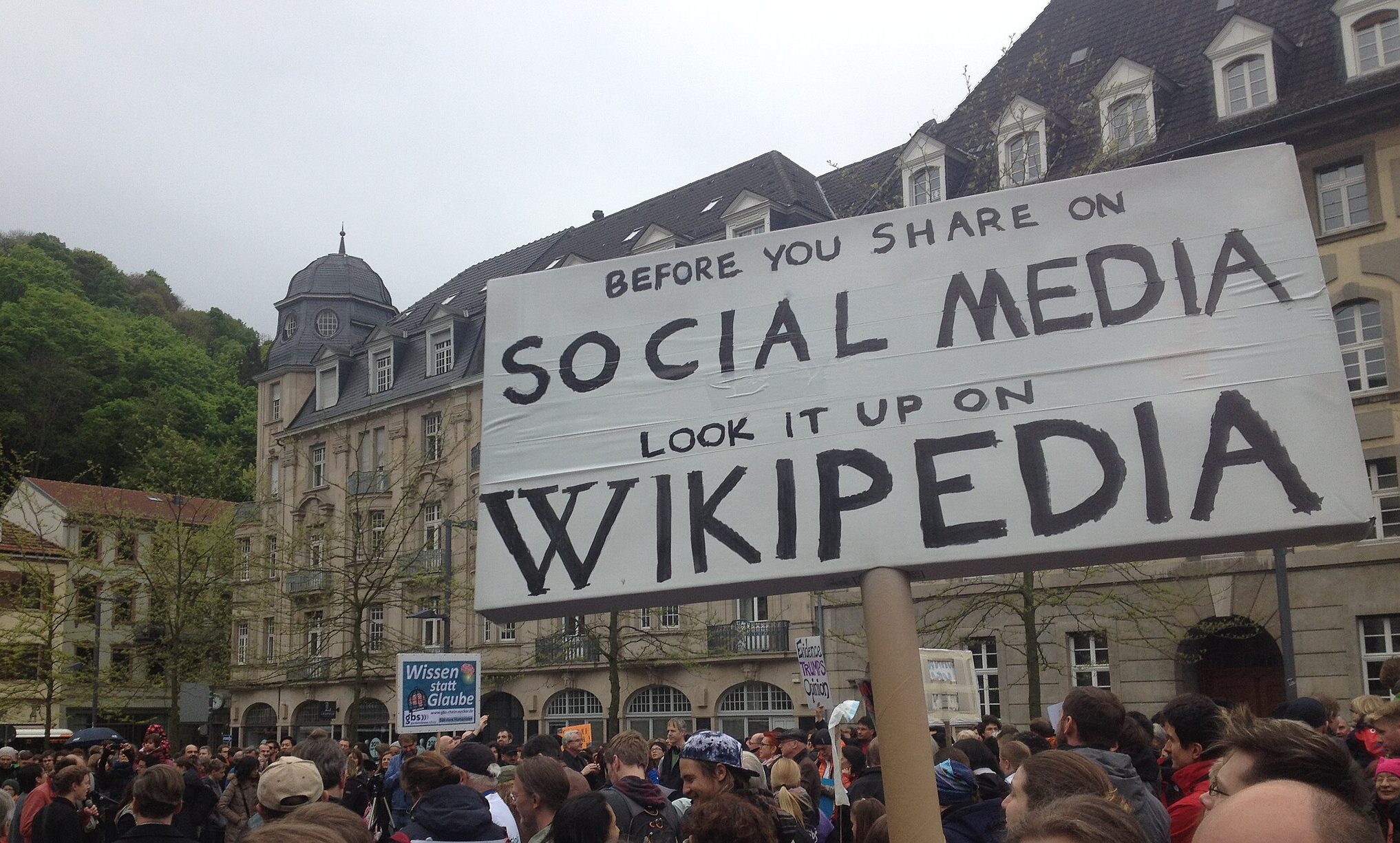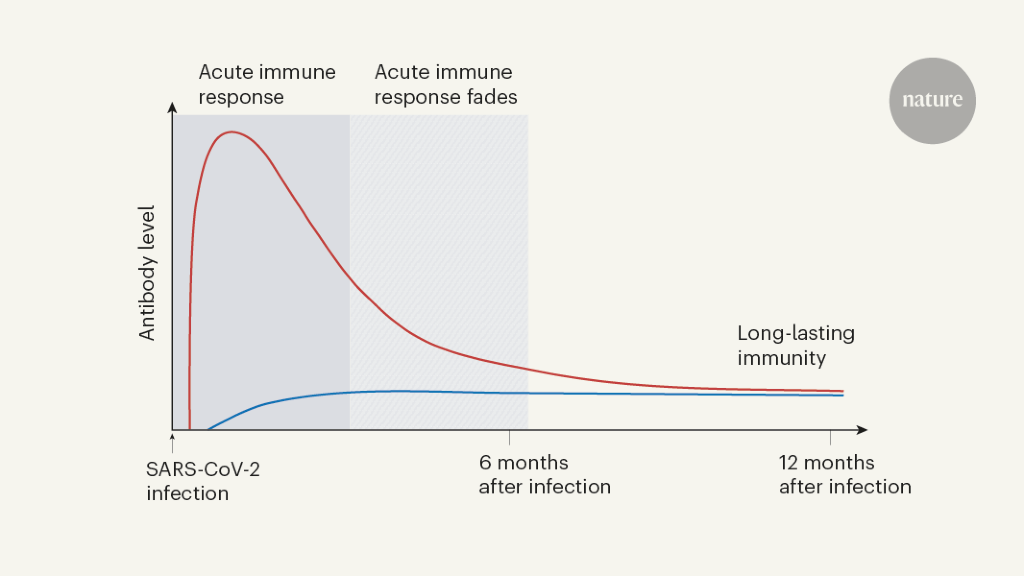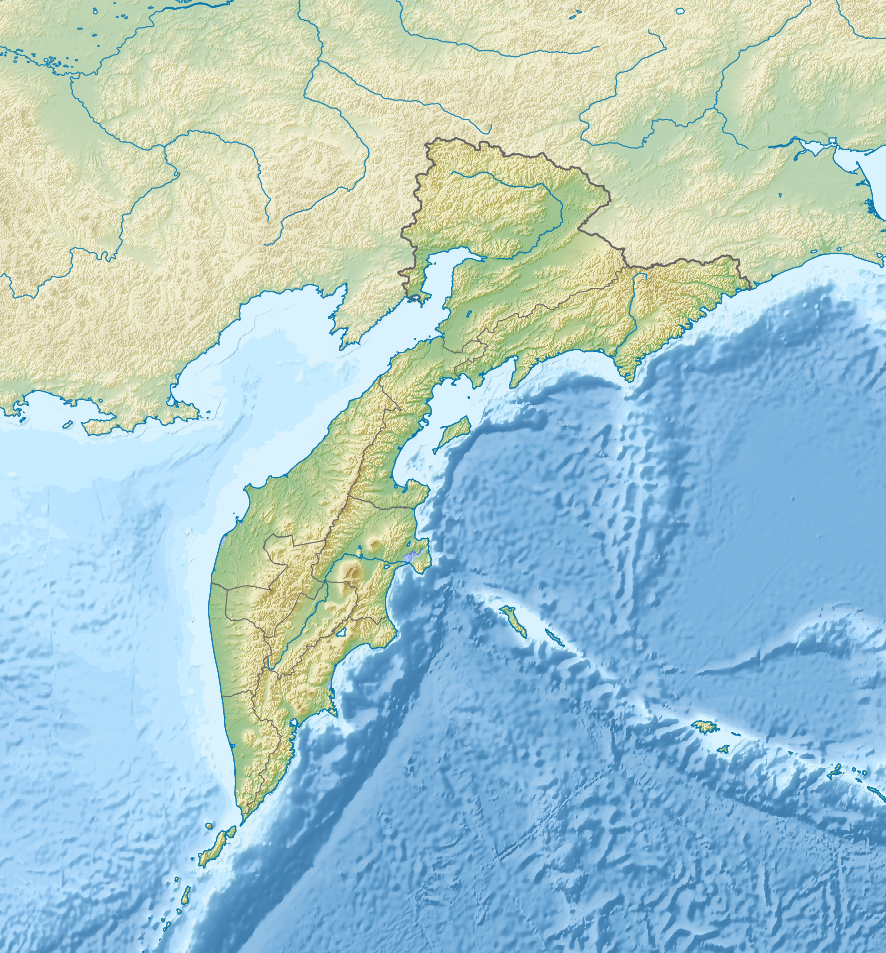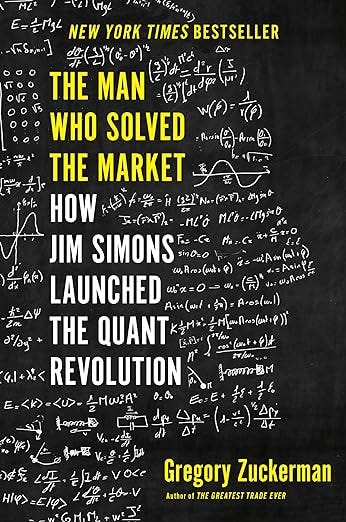
From Panic to Policy: The Limits of Foreign Propaganda and the Foundations of an Effective Response
Russia’s interference in the 2016 U.S. presidential election led to intense public and scholarly debates over the role of foreign propaganda — deliberate and systematic attempts to use media to shape perceptions and direct behavior within domestic politics.1 Russia’s brazen operation and Donald Trump’s victory were both unexpected, leaving analysts grasping for answers about the extent to which Russian activities may have influenced the outcome. The episode breathed new life into an old American fear: widescale societal manipulation by malicious foreign actors weaponizing media at home.2 Such concerns went beyond Russia. China’s investment in social media, for example, led to congressional hearings in which representatives spoke ominously about information campaigns by rival great powers.3 Such campaigns seem particularly insidious. They putatively threaten national security not by changing the balance of military power but by eroding faith in democratic institutions.4
With the 2024 U.S. presidential election looming, these anxieties seem well founded. That Chinese or Russian intelligence services seek to use technology and propaganda to covertly sway the American public is not in doubt.5 Governments, civil society organizations, and online platforms have demonstrated how narratives can spread online, spurred on by fake and foreign actors.6 Meanwhile, online data-harvesting is largely unregulated in the United States, fueling speculation that insights into Americans’ lives might be used to target them with both greater precision and persuasiveness. Insofar as national leaders presume that democratic institutions depend on citizens making rational calculations based on verifiable facts, the potential for disruption can seem catastrophic. Policymakers and researchers have therefore rallied to defend what is presumed to be the primary target of foreign propaganda, democracy itself: the trust among citizens and in institutions necessary for this participatory system of governance to function properly.


























